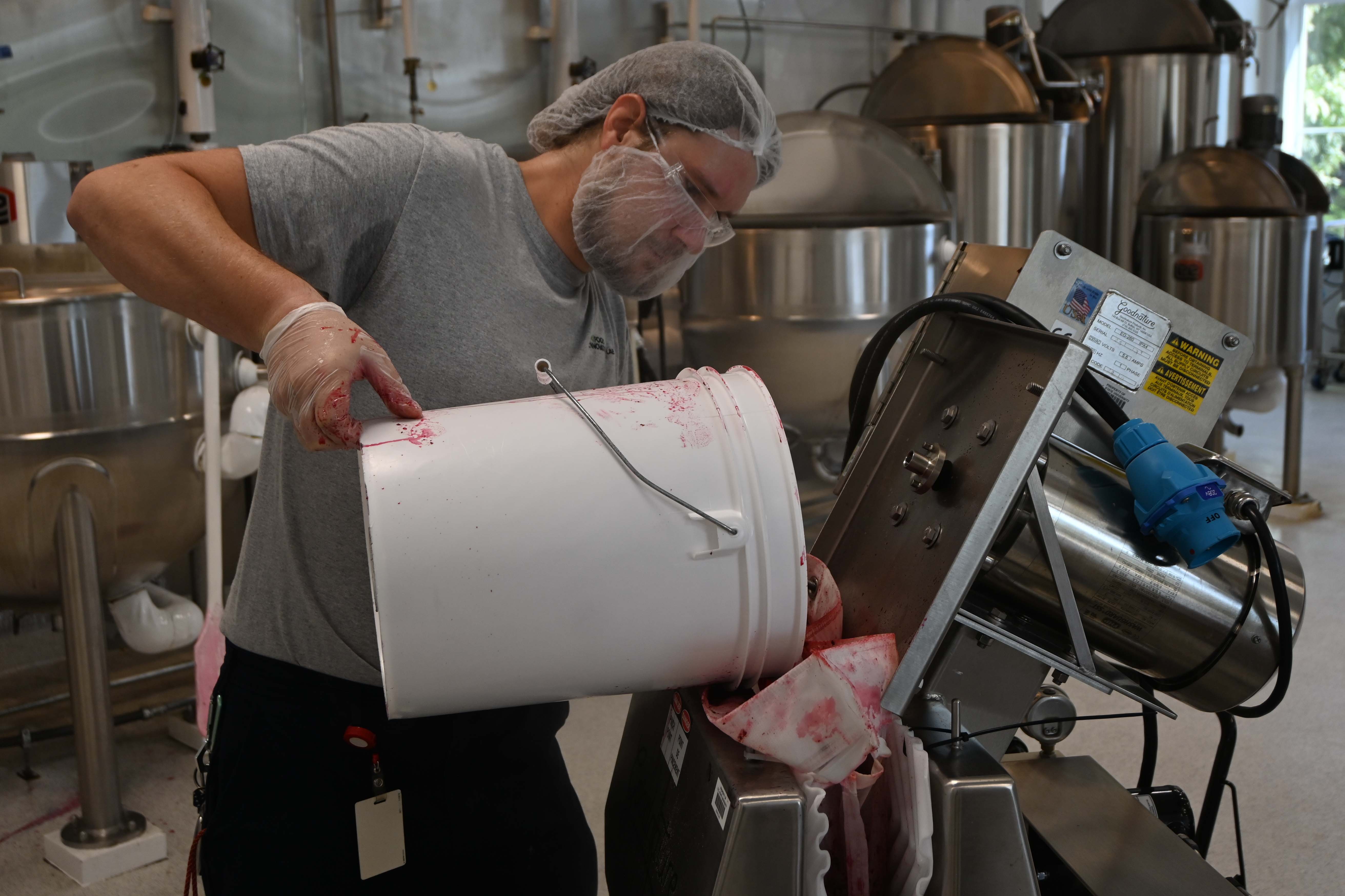Degree column: Avoid sugary drinks
Published 12:00 am Wednesday, March 23, 2011
By Toi Degree
For the Salisbury Post
SALISBURY — In last week’s article, you set goals for the next 13 weeks, to include both your short-term goal to lose the weight and your lifetime goal to maintain a healthy weight.
One important factor is beverages.
Beverages can contain a lot of calories, and the type of beverages we consume can affect our weight.
Often, when we think about how many calories we are consuming, we leave out the calories that we have consumed as beverages.
There is evidence that the body does not respond to calories in beverages the same way as it does to calories in food. Since your body may not register the calories you drink, you could end up consuming more calories than you need. Calories from liquid may not help you feel full.
Or another way of looking at this is that your body just doesn’t “feel” the calories from beverages like it does from food. The calories in beverages are stealth calories and can cause you to consume more calories than you need. Several research studies point to decreasing sugar-sweetened beverages as a good strategy to decrease calories and help manage weight. One study found that women who cut back on their consumption of sugar-sweetened beverages reduced their daily intake by about 300 calories.
Any beverage that is sweetened with sugar or another calorie-containing sweetener (such as high-fructose corn sweetener) contains calories. These include regular soda, lemonade, sweet tea, sports drinks, fruit drinks and coffee drinks.
Milk, juice and alcoholic beverages also contain calories.
Not only are soft drinks everywhere, but they are larger than they used to be. For instance, the Coke bottle has gotten a lot larger over the years. When Coke was introduced in 1916, it was only available in 6-ounce bottles that had 79 calories. Today, the norm is a 16-ounce (or even larger) bottle that has almost 200 calories.
Portions of soft drinks served at restaurants have also increased. A small soft drink has around 150 calories, while the largest size has around 400 calories. Automobile manufacturers have even installed larger cup holders in newer car models to accommodate the larger sizes of drinks.
If you are a soda drinker and would like to find out how much sugar you favorite soda has in it, visit sugar stacks to find out at: www.sugarstacks.com/beverages.htm. Or watch this short clip for the Today Show http://today.msnbc.msn.com/id/10697344 for an even more interactive visual and to find out what foods you can eat in place of those empty soft drink calories that will actually fill you up.
Of course you know that all those extra calories equal extra pounds. How do the extra calories affect your weight? If you drink two regular sodas a day for a year – each soda containing 150 calories, you take in 109,500 calories a year. Divide that number by 3,500 calories (the number of calories in one pound). That is 31 pounds.
With everything else being the same (i.e., no change in physical activity or food and beverage intake), you would gain 31 pounds in a year by drinking these two soft drinks per day.
So what is the solution? Limiting your intake of these beverages on a daily basis.
Try these re-think your drink strategies.
• Choose water. Drinking water is the best strategy to re-think your drink. It is the perfect beverage — calorie-free, sugar-free, fat-fee and almost free (if you drink tap water).
• Keep water and calorie-free beverages on hand at work, in the car and at home.
• Avoid keeping sugar-sweetened beverages at home or work.
• Carry a water bottle with you and refill it throughout the day.
• Choose carbonated, calorie-free water.
• Add slices of lemon, lime, orange or other fruit.
• Add a splash of juice.
• Eat whole fruit instead of drinking fruit juice. An orange has about 60 calories and an 8-ounce glass of orange juice has 110 calories.
• Choose skim milk.
• Choose diet beverages sweetened with low-calorie, artificial sweeteners instead of sugar-sweetened drinks.
• Decrease the amount of sugar you add to tea. Sweeten tea with artificial sweetener or drink unsweetened tea.
[0x14]They key message is: Changing from calorie-containing beverages to calorie-free beverages may be an easy way to decrease total calories.
Next week we will learn how to make low-calorie choices in all the food groups. Don’t forget to select a strategy (from this week’s topic) to work on for the week and have a good week!
For more information about the program, contact Toi N. Degree, Family & Consumer Education Agent at 704-216-8970 or by e-mail at toi_degree@ncsu.edu.





